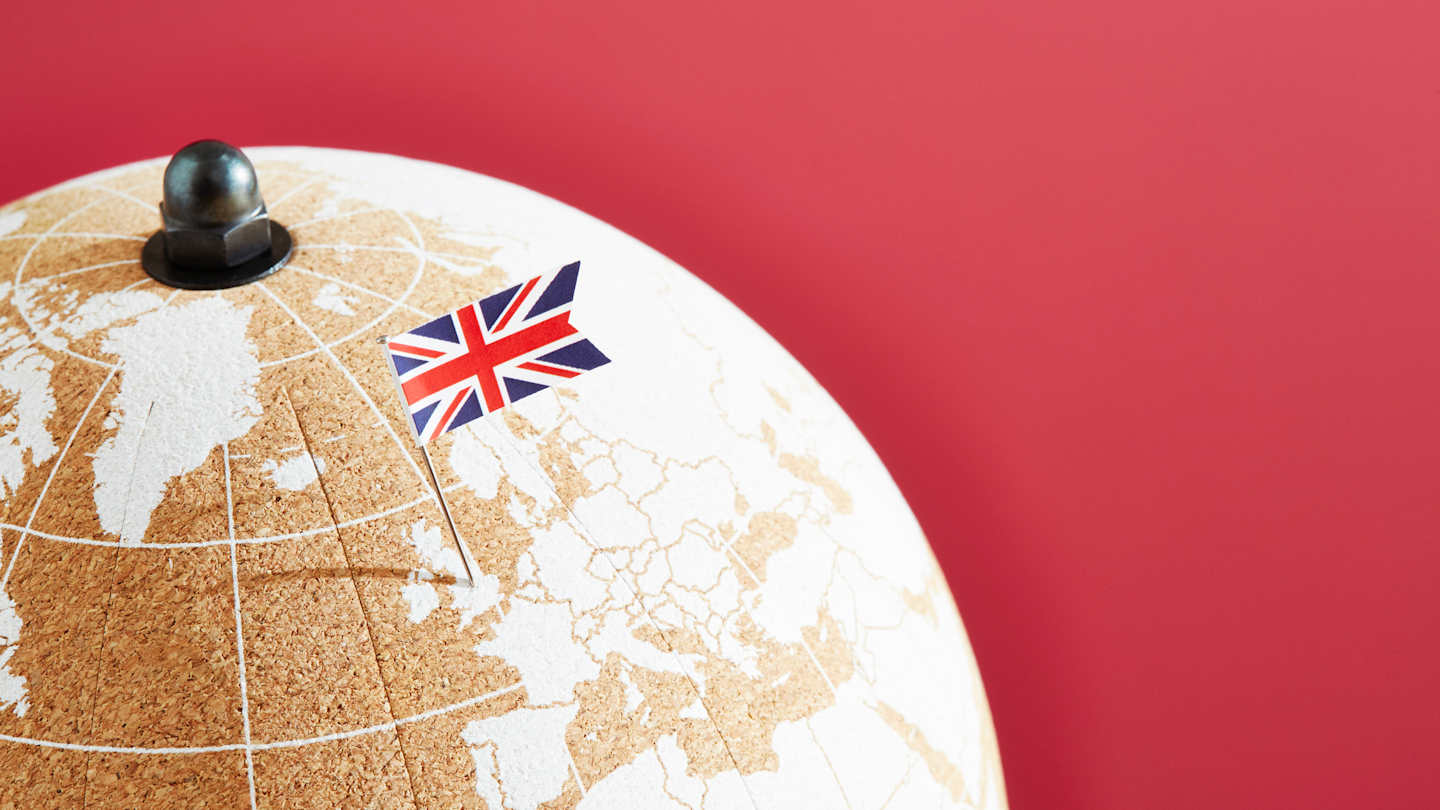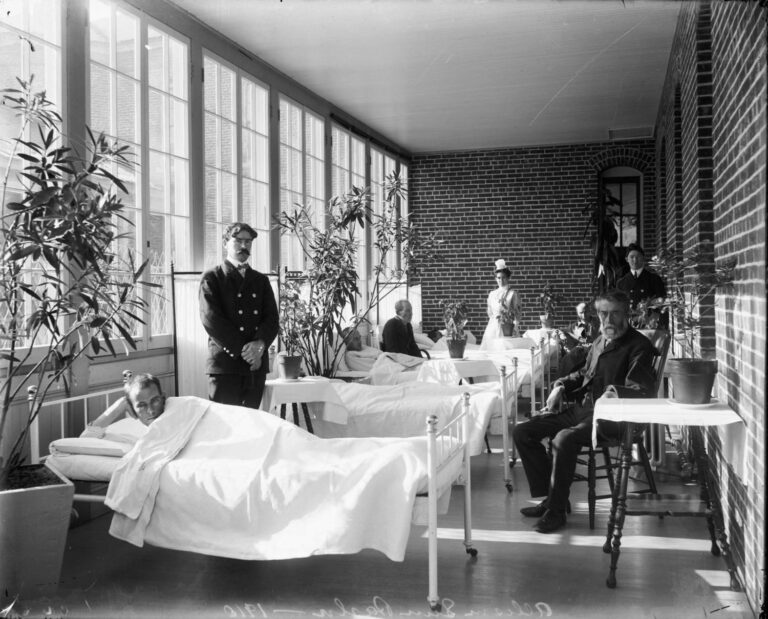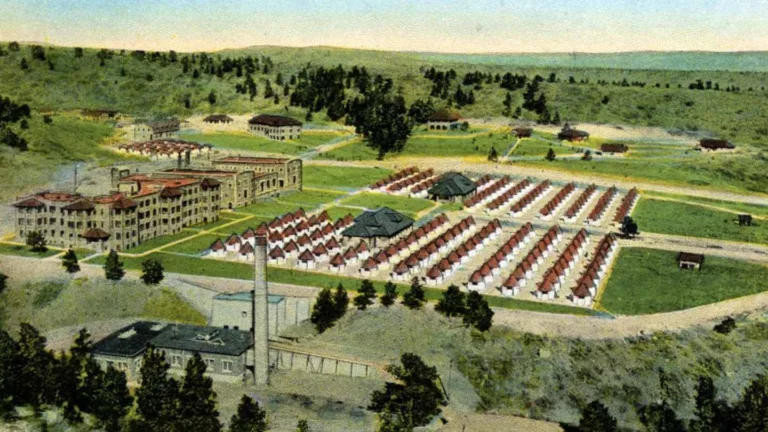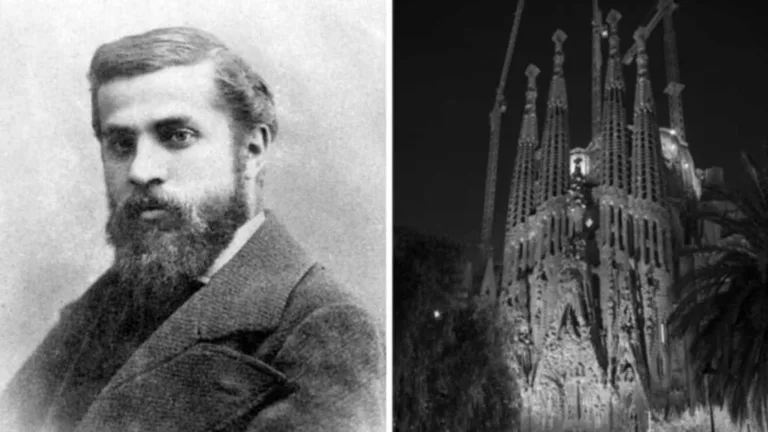The relationship between the terms “British” and “English” can often be a source of confusion. While they are related, understanding their distinct meanings is crucial for clear communication. Essentially, England is a country within the larger geographical and political entity known as Great Britain.
Great Britain comprises England, Scotland, and Wales. The United Kingdom, on the other hand, includes England, Scotland, Wales, and Northern Ireland. Therefore, something originating from England would be considered “English,” while something from England, Scotland, or Wales is deemed “British.” It’s important to remember that the difference between British and English lies in the scope: “English” refers specifically to England, while “British” encompasses a broader geographical and political realm.
People from Northern Ireland have a unique identity as they can identify as both British and Irish, highlighting the complex interplay of cultural and national affiliations within The United Kingdom. Ultimately, navigating these terms requires sensitivity and awareness of the nuanced distinctions associated with each.
Decoding “British” and “English”
Let’s delve deeper into the specific meanings of “British” and “English.” Simply put, “English” refers to anything originating from or pertaining to the country of England. This includes English cuisine, language, culture, history, and even people born in England. Think of it as a narrower focus on a single nation within the larger picture.
On the other hand, “British” encompasses a broader spectrum. It represents all things associated with The United Kingdom as a whole – England, Scotland, Wales, and Northern Ireland. When something is described as “British,” it signifies its connection to the Uk collectively rather than specifically to England. It’s important to note this distinction because the difference between British and English can influence how we perceive Things Like Accents, traditions, or even national identity.
Ultimately, understanding these nuances allows for more accurate and precise communication when discussing aspects of British culture and history.
Geographical Context: England, Wales, Scotland, and Northern Ireland
To truly grasp the relationship between “British” and “English,” it’s essential to understand the geographical context. England is one of three countries that make up the island of Great Britain, along with Scotland and Wales. Think of it like this: England, Scotland, and Wales form a close-knit trio sharing the same island, but each with its own distinct character and history.
The United Kingdom, however, expands beyond just these three nations. It also includes Northern Ireland, located on the island of Ireland but politically connected to Great Britain. This means that something from England is “English,” while something originating from England, Scotland, or Wales is considered “British.” It’s like having different regions within a larger country, each with its unique identity while still belonging to the same whole.
This geographical foundation helps clarify the difference between British and English by illustrating how scope plays a crucial role in defining these terms.
 WW1 Mustaches: Symbols of Masculinity & Power
WW1 Mustaches: Symbols of Masculinity & PowerThe United Kingdom: A Unified Nation?
The United Kingdom, often shortened to the Uk, is a fascinating tapestry of distinct nations brought together under one sovereign entity. While its official name suggests unity, the reality is more complex and nuanced. The Uk comprises England, Scotland, Wales, and Northern Ireland, each with its own unique history, culture, and even language variations.
Despite this diversity, the Uk functions as a unified political and economic entity. It shares a common currency, parliament, and government, fostering a sense of national identity Among Its Citizens. However, the question of how unified the Uk truly is remains a subject of ongoing debate. While there’s a shared British identity, tensions sometimes arise between different regions, particularly regarding autonomy and political representation.
Understanding this dynamic interplay between unity and diversity is crucial when exploring the difference between British and English. While “British” encompasses the entire Uk, “English” specifically refers to England, highlighting the individual identities within the Larger Whole.
British Identity: Beyond Nationality
British identity is a fascinating concept that extends far beyond mere nationality. It encompasses a shared history, culture, and set of values that bind people across the different nations within The United Kingdom. From traditions like afternoon tea to iconic landmarks like Buckingham Palace, Britishness evokes a sense of collective belonging and pride.
However, it’s important to acknowledge that British identity is not monolithic. It’s shaped by various factors, Including Regional Differences, Individual Experiences, and evolving social norms. What one person considers quintessentially “British” might be perceived differently by another, reflecting the richness and complexity of this multifaceted identity.
Ultimately, the difference between British and English becomes even more nuanced when considering identity. While “English” refers to a specific nationality, “British” encompasses a broader sense of belonging that transcends mere national boundaries. It’S About Shared Experiences, Cultural Touchstones, and a collective narrative woven over centuries.
Exploring Shared Heritage
One of the most compelling aspects of British identity lies in its Shared Heritage. From ancient Celtic roots to Roman influence and Norman conquests, Britain boasts a rich tapestry of historical events that have shaped its culture, language, and traditions. Castles dotting the landscape, literary masterpieces penned by iconic authors, and preserved artifacts whispering tales of bygone eras all contribute to this Collective Memory.
This shared history fosters a sense of connection among Britons, regardless of their individual backgrounds or Regional Affiliations. It provides a common ground upon which to build understanding and celebrate the achievements of predecessors. Exploring this heritage through museums, Historical Sites, and even everyday customs allows individuals to connect with the broader narrative of British identity.
Ultimately, understanding the difference between British and English becomes easier when appreciating the shared heritage that binds them together. While individual nations within the Uk Have Their Own Unique Stories, they are all woven into a Larger Fabric, creating a sense of collective belonging.










